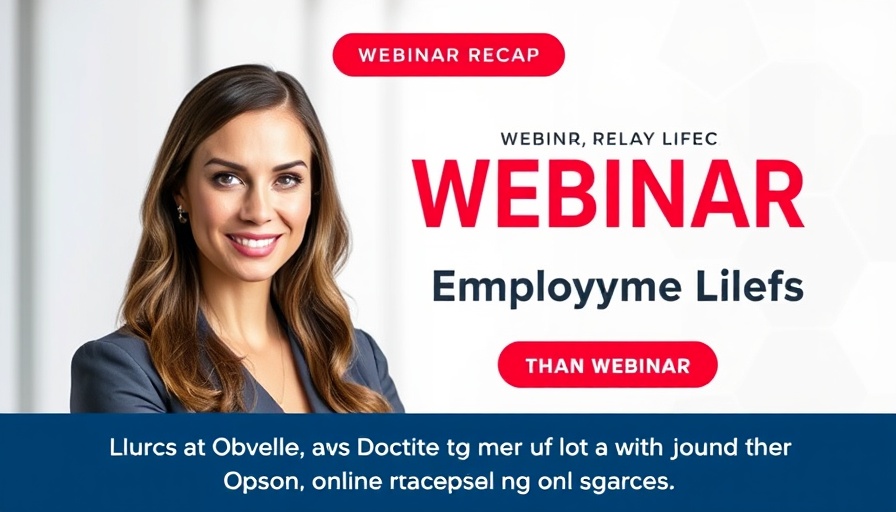
Understanding the Impact of Recent Employment Law Shifts
In a recent webinar hosted by GovDocs, titled Employment Law Shifts: First 120 Days of Trump Administration, valuable insights emerged regarding significant changes in employment regulations since the beginning of President Trump's second term. Expert Jana Bjorklund highlighted how the administration has been "wildly busy" in shaping the labor landscape, raising concerns and questions for HR compliance officers, legal counsel, and corporate policy makers.
Banning DEI Programs: Changes and Challenges
Two executive orders, Executive Order 14151 and Executive Order 14173, have profoundly impacted Diversity, Equity, and Inclusion (DEI) initiatives within the federal government. These orders aim to eliminate programs deemed as "discriminatory," raising the stakes for compliance in everything from hiring bias to pay transparency across the workforce. While these alterations are directed at federal contractors, the underlying implications pose a risk for private organizations, as the enforcement landscape shifts with the Equal Employment Opportunity Commission (EEOC) potentially adjusting how they address workplace investigations and allegations of unfair practices.
Implications for HR Practices and Recommendations
Despite the challenges introduced by these executive orders, Bjorklund offers a silver lining for employers: the recognition of the value in maintaining a diverse workforce. Employers are encouraged to continue upholding DEI principles through merit-based hiring processes and by reviewing existing DEI-related policies and employee resource groups. Adapting to these policy updates helps mitigate risks associated with labor laws and provides a pathway towards fostering an inclusive culture.
Navigating the Uncertain Future of Employment Regulations
As legal challenges against these executive orders progress, compliance officers will need to stay informed on changes that might arise as a result. Adapting remote work policies and ensuring adherence to evolving pay transparency guidelines becomes crucial. Organizations must not only comply with current laws but also prepare for future regulations that may stem from the outcome of ongoing litigation.
Your Next Steps in Employment Compliance
For HR professionals and compliance officers, staying proactive about these shifts in employment law is essential. Continually reassessing hiring practices and being vigilant about workplace investigations will help navigate this dynamic legal landscape.
As these developments unfold, take the time to review how they impact your organization directly. Engage with your teams to uphold best practices in compliance, ensuring that every employee can thrive in a fair and equitable environment.
 Add Row
Add Row  Add
Add 




 Add Row
Add Row  Add
Add 

Write A Comment